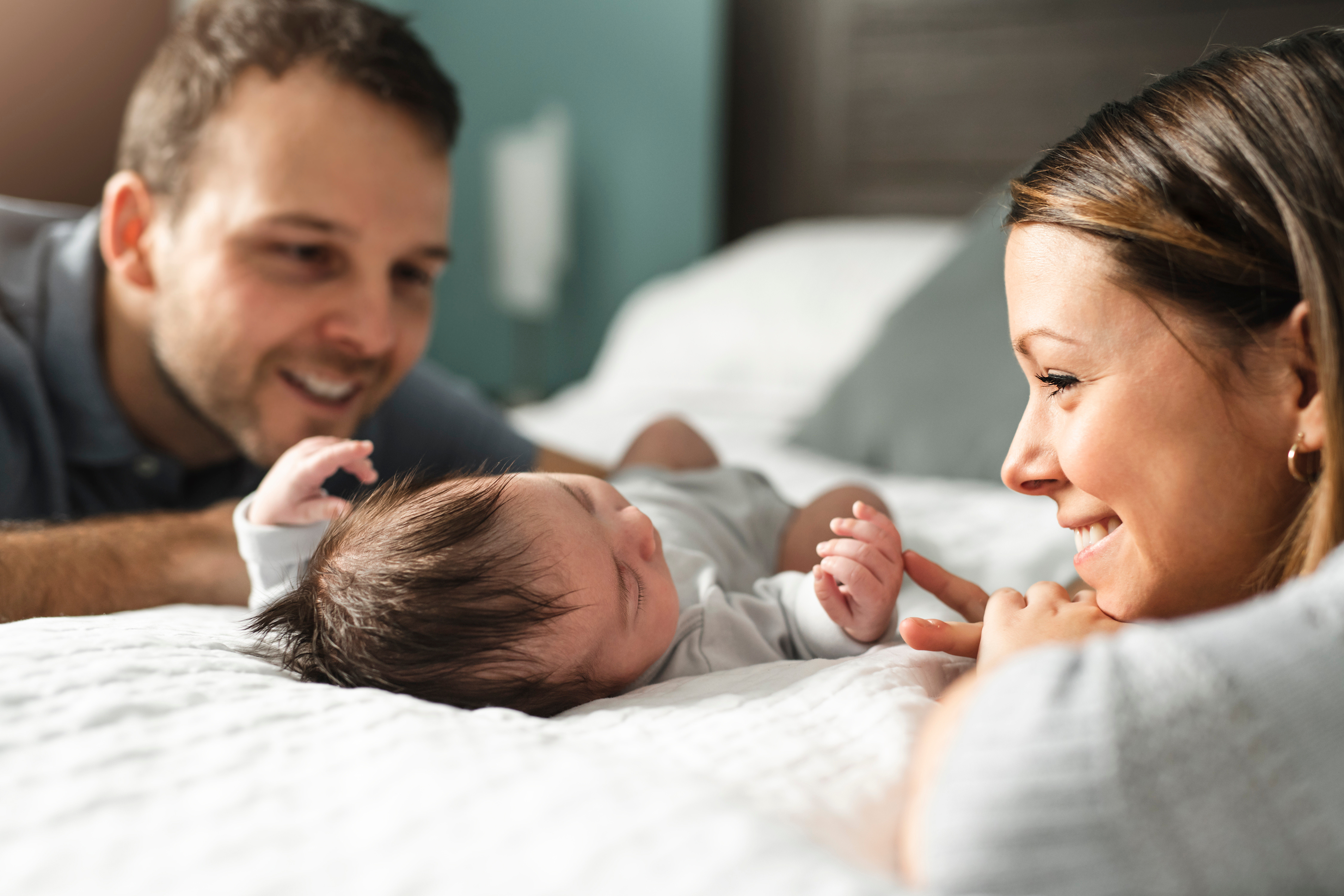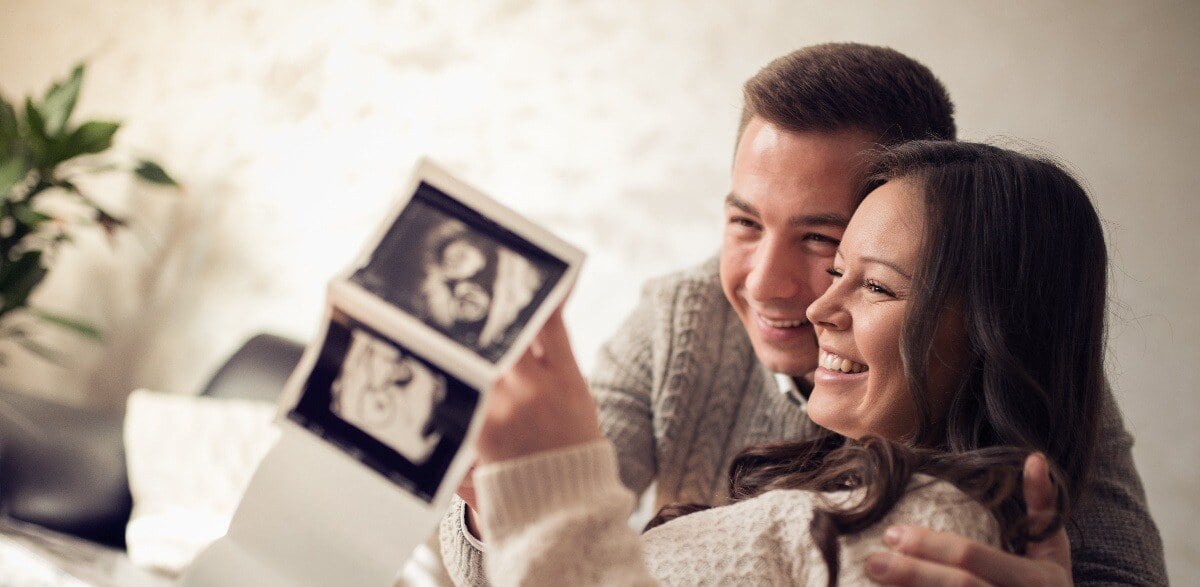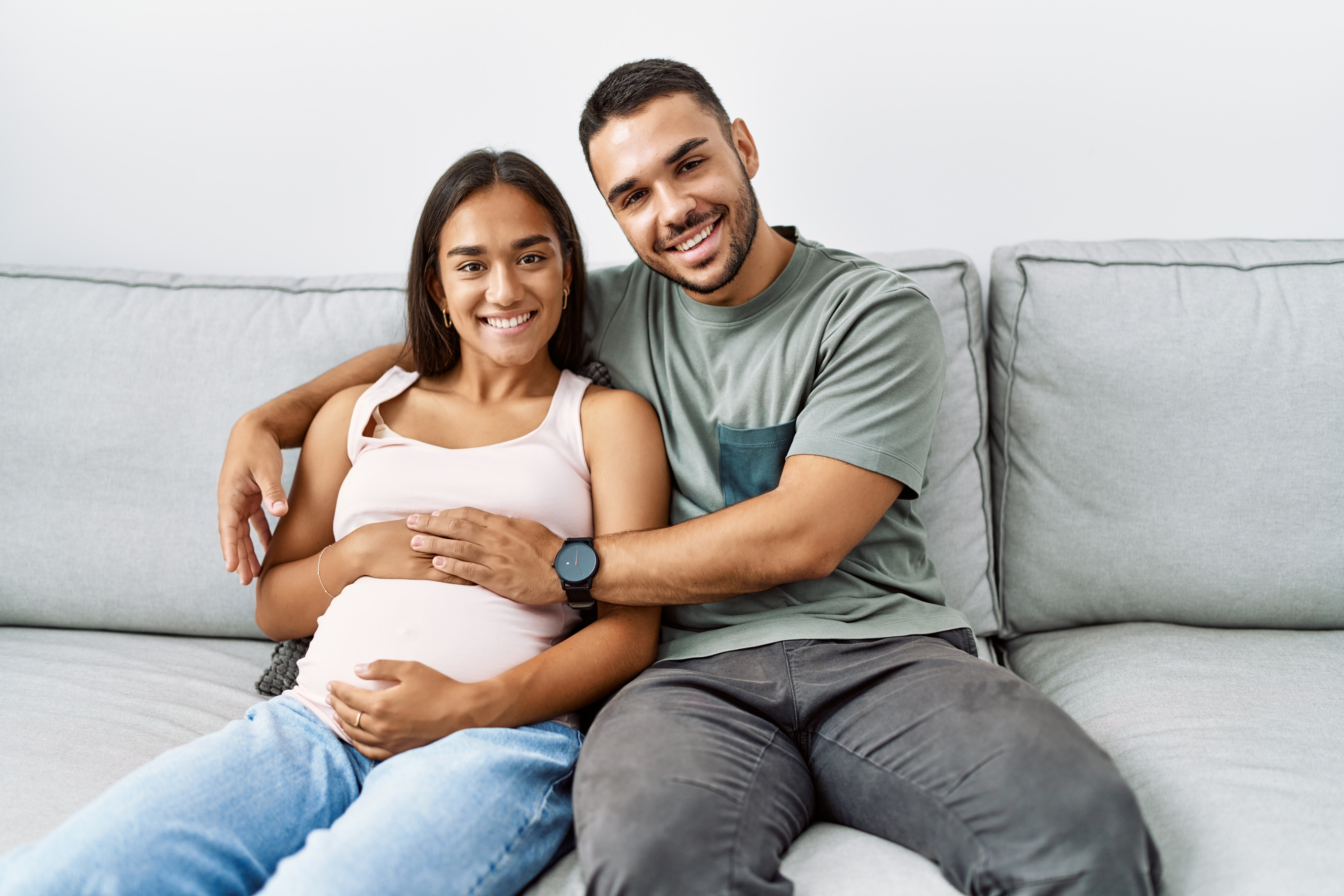Published
Although you may not be able to produce a family in the traditional sense, using an egg donor to start one is certainly a viable option.
In fact, research shows that the amount of women using egg donors to achieve pregnancy has almost doubled from 2006 to 2016—starting at just over 1,900 and increasing to nearly 4,000. And the trend is slated to increase even more considering changes in lifestyle for many couples, as well as same-sex couples wanting to start a family of their own.
The egg donation process and the use of in-vitro fertilization (IVF) to achieve pregnancy also provides everyone involved with peace of mind. With complete confidentiality and thorough screenings, couples and individuals can rest assured that the health of their egg donor is immaculate. In addition, the IVF process is carried out by fertility experts who all share a common goal: to give you the family of your dreams.
The Egg Donation Process
As mentioned above, the egg donation process is carried out with complete confidentiality between the donor and the couple or individual.
Along with going through an extensive screening process to ensure the health of the egg donor, couples or individuals who want to pursue egg donation must be cleared for the procedure beforehand. After meeting with a fertility expert and approving that IVF is the best course of action to start a family, finding an egg donor is the next step.
Locating an egg donor is a careful process, so bear in mind that it can take up to several months to find one that's suitable. However, once a candidate is found, here's a timeline of what couples and individuals can expect to happen:
What You Can Expect
- Legal and financial matters are taken care of to ensure the protection of both parties involved
- The egg donor IVF cycle begins for both the egg donor and intended mother—initiating their menstrual cycles to prepare for embryo transfer
- Once menstruation begins, both the intended mother and egg donor will take injectable fertility drugs to prepare their bodies accordingly—the donor prepping for egg production, and the intended mother prepping the uterus with a healthy lining
- Once egg maturation occurs in the donor, she will come in for the egg retrieval process, which is a safe procedure with minimal recovery time (typically 1 day)
- On the same day as egg retrieval, the intended male partner provides a sperm sample to initiate egg fertilization
- Within the next 3-5 days, the intended mother then comes in for the IVF procedure with 1-2 healthy embryos transferred into her uterus—any remaining embryos will be frozen for another cycle attempt if the first is unsuccessful
- 10 days after the embryo transfer, the intended mother will check the success of the procedure with a pregnancy test
Keep the Process Simple with Kofinas Fertility Group
Altogether, the success and ease of the egg donation and IVF process comes down to the knowledge and care of those involved.
To help keep the process simple, Kofinas Fertility Group has years of experience to ensure a healthy and happy pregnancy. Whether you're interested in becoming an egg donor or want to pursue a family of your own with the help of undergoing an IVF with an egg donor, let Kofinas Fertility Group guide you to success.




